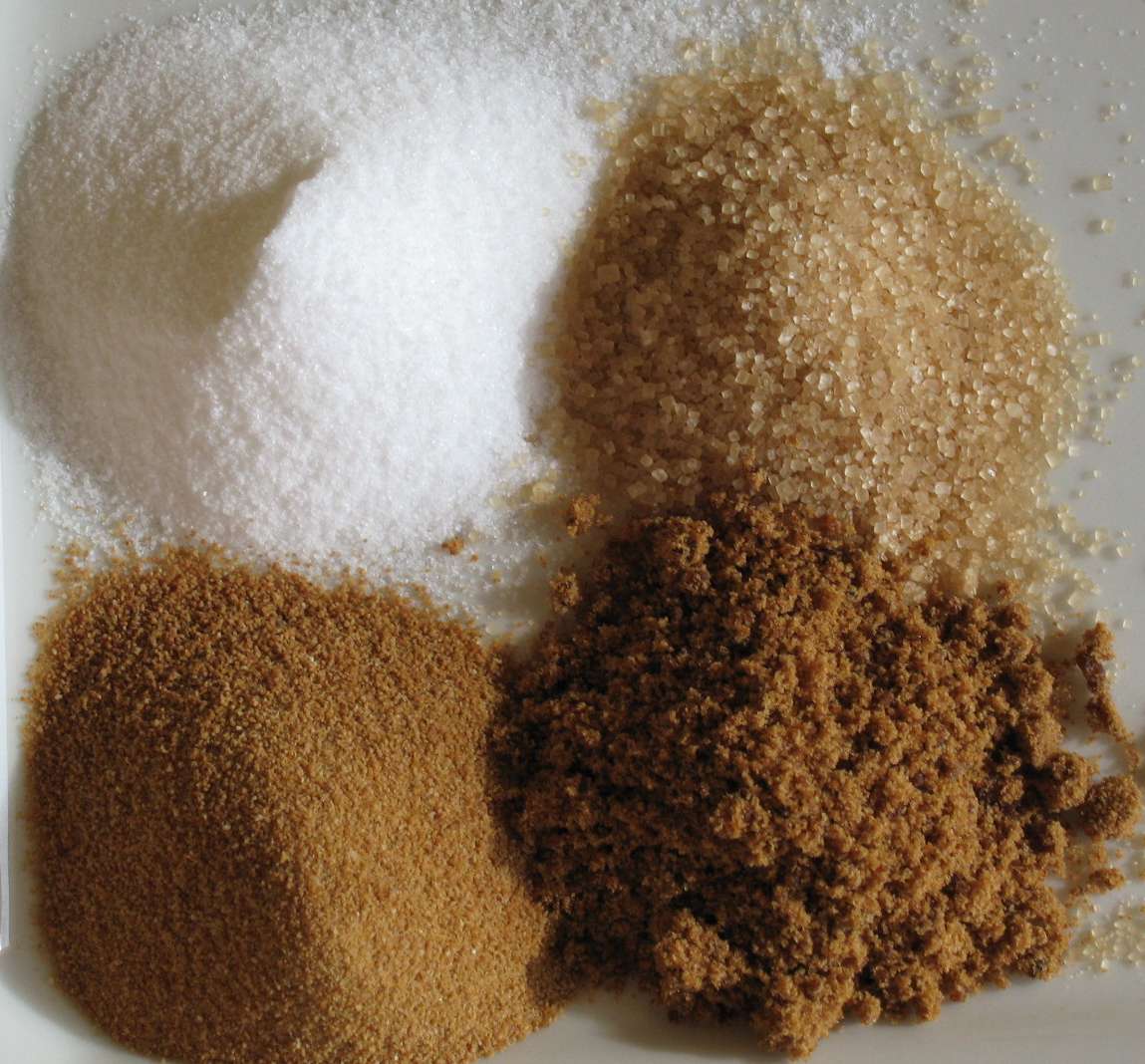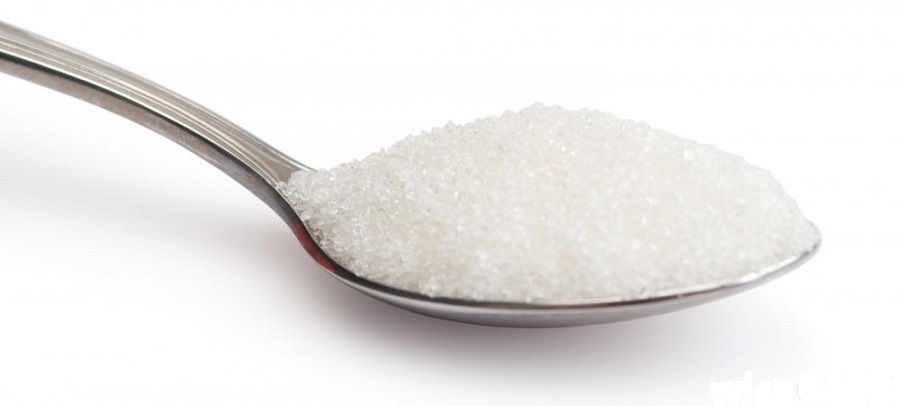Jay Chauhan
-
Farm votes will matter in 2016
Agriculture matters, and whoever wins the GOP nomination will need to dominate in the rural agriculture areas in key electoral states...
Chuck MuthJay ChauhanJanuary 22, 2016 -
Big Candy’s Big Lie Campaign is Big-Time Propaganda
(Chuck Muth, Citizen Outreach) – A recent congressional briefing – sponsored by the Coalition for Sugar Reform, a front group funded primarily...
Chuck MuthJay ChauhanNovember 30, 2015 -
Big Candy Launches “Surge” Against Rubio, U.S. Sugar Program
(Chuck Muth) – Candy-makers and confectioners – intent on importing artificially cheap, foreign subsidized sugar – have recently ratcheted up PR efforts...
Chuck MuthJay ChauhanNovember 19, 2015 -
What Wayne Gretzky can teach opponents of the U.S. Sugar Program
(Chuck Muth, Citizen Outreach) – If you’re part of the establishment wing of the GOP you’re in near-panic mode these days...
Chuck MuthJay ChauhanNovember 10, 2015 -
Halloween is over, but Sugar Program Scare Tactics continue
(Chuck Muth, Citizen Outreach) – Well, another Halloween has come and gone, but not before opponents of the U.S. sugar program...
Chuck MuthJay ChauhanNovember 3, 2015 -
Indian Sugar Program “Helping” Farmers to Death
(Chuck Muth, Citizen Outreach) – If you think the U.S. sugar program is bad, you should take a look at the...
Chuck MuthJay ChauhanOctober 28, 2015 -
Ag Committee Hearing: Foreign Subsidies Jeopardizing Free Trade and Harming American Farmers
(Chuck Muth, Citizen Outreach) – The House Committee on Agriculture conducted a hearing on October 21 exploring how foreign government meddling in...
Chuck MuthJay ChauhanOctober 26, 2015 -
Christopher Columbus’ Objective: FREE Trade Routes
(Seton Motley) – Monday was a federal holiday. By that we mean: Government bureaucrats have the day off – the people who...
Chuck MuthJay ChauhanOctober 16, 2015 -
TPP provides light at end of the sugar subsidy tunnel
(Chuck Muth, Citizen Outreach) – Critics of Rep. Ted Yoho’s “Zero for Zero” resolution who say it can’t be done should heed...
Chuck MuthJay ChauhanOctober 15, 2015 -
End Global Subsidies to Lower Food Bills
(Matthew Kandrach, 60 Plus Association) – Next to healthcare and medicine, no budget item hits seniors in the pocketbook more than food....
Chuck MuthJay ChauhanOctober 9, 2015









